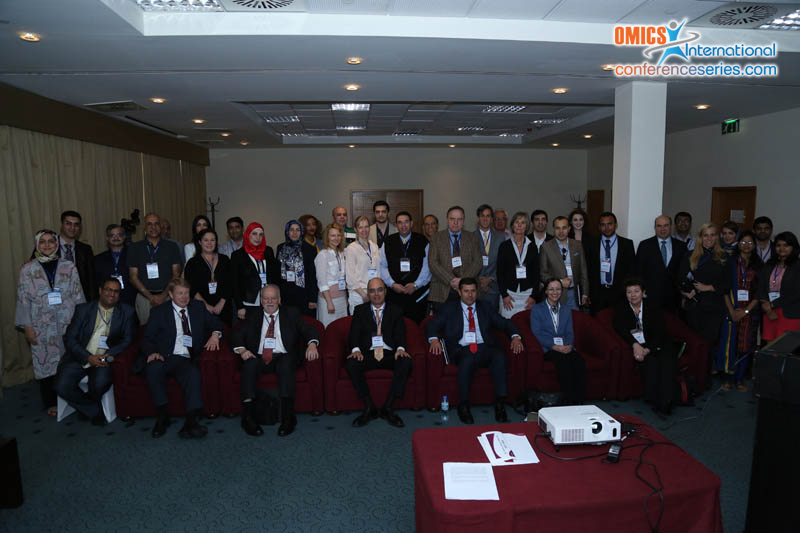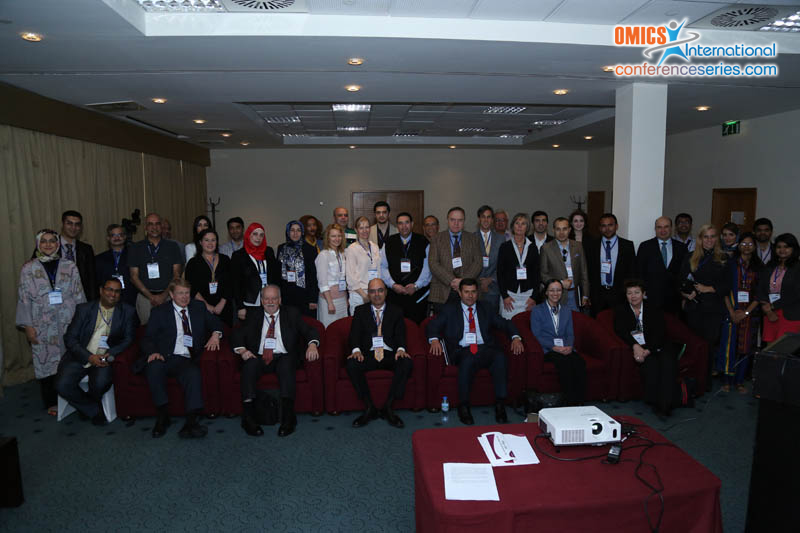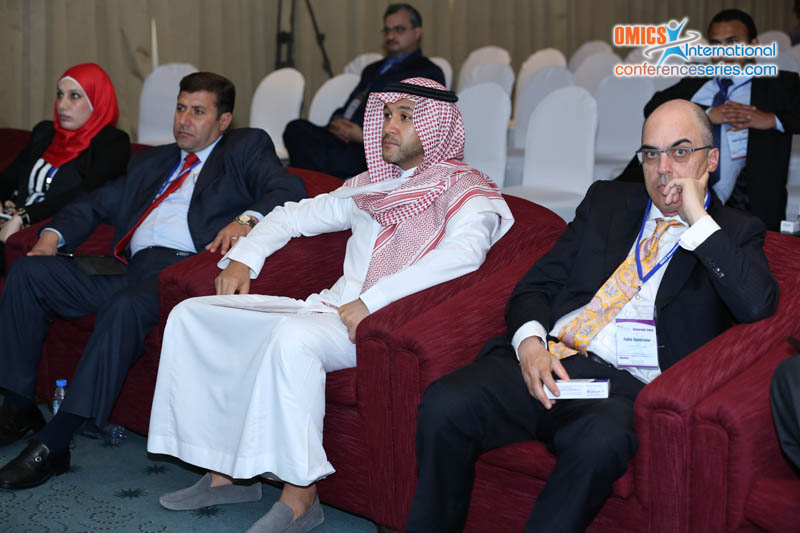
Biography
Biography: Lamis Abuhaloob
Abstract
By the end of 2012, Palestinians (including refugees) living in Palestinian territories were 5.8 million, approximately, 40% of them were school children. Since the eve of the 1948 war, the Occupied Palestinian Territories have suffered from political conflict, resulted in serious deteriorations in the socio-economic status and psycho-social wellbeing of the Palestinian people. World Health Organization stressed the high burden of oral diseases and its adverse effect on general health and quality of life. Several studies found that oral diseases have profound impact on children’s performance in schools, nutrients intake, and growth. Despite, school dental health programme in Palestine have been established to promote general and oral health among school children in government and UNRWA schools, there was a gradual increase in the prevalence of dental disorders and mainly dental caries. Generally, the def was higher than DMF. Incidences of periodontitis, fluorosis and malocclusion were the highest in the year of Al-Quds Intifada upraise, and in 10th grade schoolchildren. Increased oral and dental diseases in children in Palestine have overloaded the health services and caused a negative impact on the effectiveness of prevention programs and health promotion strategies in both of Palestinian Ministry of Health and UNRWA. Political unrest had a profound negative effect on oral health in Palestine. The increase in rate of decayed teeth in schoolchildren is alarm and suggests an increase in risk of dental caries in future generations. School dental health programme struggles to improve child oral and dental health. Thus, It should be revised. Effective oral health promotion interventions should consider age specific oral diseases and political unrest.



